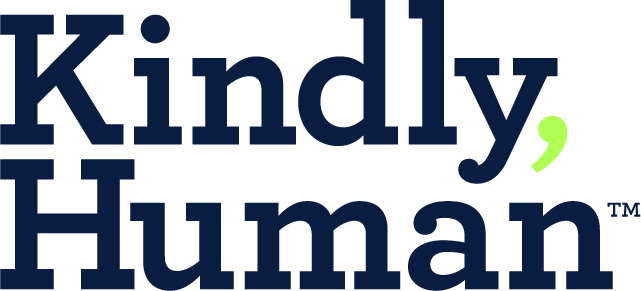Human connection in an AI world
AI, no doubt, has an effect on work, shifting how and when work is done and by whom. Eighty-three percent of people believe that AI can help to increase job satisfaction and reduce burnout, while 80 percent think that AI integration will help them do their job better, as reported by Forbes.
On the other hand, this new technology that is rapidly shaping the workplace has some “uncharted dangers,” including negatively impacting employees’ mental health – both at and away from work. A leading researcher in AI and employee mental wellness recently stated that “humans are social animals”, and isolating work with AI systems may have damaging spillover effects into employees’ personal lives.
The American Psychological Association (APA) recently found that 38 percent of workers worry that “AI might make some or all of their job duties obsolete in the future.” Sixty-four percent of those worried workers find themselves feeling tense and stressed during the workday, compared to 38 percent of workers who did not worry about smart technology.
Additionally, workers who frequently interact with AI are “more likely to experience loneliness that can lead to insomnia and increased after-work drinking,” according to another APA study. Additional studies have shown that workplace loneliness decreases workers’ creativity and increases burnout while negatively impacting cognition and well-being.
According to Annemarie Schaefer, the vice-president of SHRM Research, “[l]oneliness isn’t about a people deficit, it’s about a connection deficit.”
But how seriously should employers take these concerns?
Human Connection Supported by Technology
With 92 percent of workers saying it’s very or somewhat important for their employer to value their emotional well-being while providing support for their mental health, employers must focus on how AI impacts their workforce while providing integrated and effective solutions for their teams.
However, managing change – like integrating AI into workflows – is not an easy task, especially when prioritizing mental health and wellness. Here are some ways that leaders can help their workers embrace change while boosting mental wellness:
Communication is foundational to any change management strategy, and integrating AI into the workplace is no different. Employers should communicate openly and honestly about AI integrations and benefits, helping to alleviate employees’ fear of the unknown.
Learning, development, and training opportunities will help workers improve their technological skills while enhancing career paths. The more workers understand the less scary AI becomes.
Feedback is key to effective communication and training. Allow your employees to contribute to AI conversations through small groups or anonymous surveys. Not only will this encourage communication and learning at all organizational levels, but it will also help your employees feel valued and heard – essential contributors to mental health.
Peer support has long been proven to increase individuals’ sense of belonging while decreasing feelings of isolation and loneliness.
When you add technology-driven matching you have a scalable solution for your employees to connect with humans like themselves; humans who get them professionally and personally. Technology can take on the heavy lifting of matching peers with computer-supported knowledge, helping employees get the most out of human-to-human connection.
From accessing personalized online tools and resources to connecting with human peers, technology has the unique ability to serve as a catalyst for us to connect with more people on a human level, enhancing and strengthening our connection to others.
And, after all, when we connect with others – human-to-human – our mental health and wellness improves, further proving that human connection is essential to overall organizational success.
Technology + Human Connection: A Tremendous Benefit for You and Your Employees
Human connection and AI capabilities don’t need to be isolated in silos. They can work hand-in-hand, bringing effective human connection back into the workplace while helping employees cope with massive change.
At Kindly Human, we embrace technology while focusing on the continued prioritization of genuine human connection through tools such as professional peer support, benefiting both employees and their workplaces.
We’re a technology company that puts human connection first – giving your employees the support they need when they need it.
To learn more about peer support for your organization, schedule a demo today.

